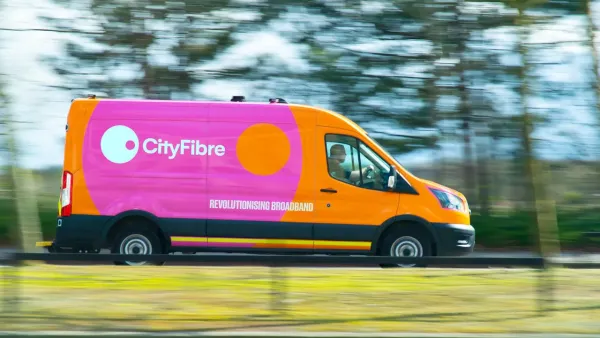Written by Andrew Wooden

While traditional ‘unicast’ delivery involves each viewer having a dedicated internet stream, MAUD technology uses 'multicast' to group those single streams into one shared one, explains the release.
The point of this is that it is supposed to increase the efficiency of content delivery – MAUD technology uses up to 50% less bandwidth during peak events, reducing energy usage through the use of fewer caches, we’re told.
“MAUD is a major breakthrough in how we deliver content over the internet,” said Howard Watson, Chief Security and Networks Officer at BT Group. “Developed in our world leading labs at Adastral Park in Suffolk, MAUD could be a key solution to how we manage ever increasing traffic loads. By combining individual streams, MAUD delivers a more reliable, consistent picture, no matter whether customers are watching over Wi-Fi, fibre or mobile networks.”
Paolo Pescatore, Founder at PP Foresight, said: “Whether it’s the Euros or Eurovision, gaming over Twitch or gigs from Glastonbury, data shows that audiences still value the live experience even in the on-demand era. With live sports and events driving peak network demand to new heights, it’s great to see innovation ensuring that high-quality, premium live content can reach the widest possible audiences across multiple types of device, and to be possible in an increasingly environmentally sustainable manner.”
MAUD was developed by the Content Delivery Research team at BT’s Research Labs, based at Adastral Park in Suffolk.









